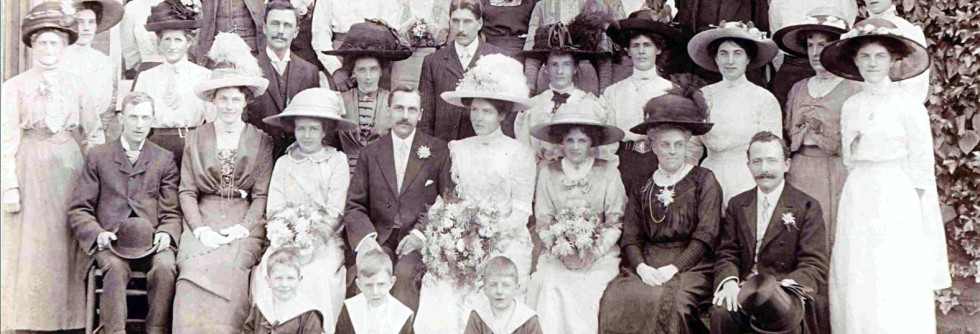
A Fractious Soldier by Ellen Maki, Ph.D.
 When Britain entered World War I in August 1914, William Henton was a young man of 23, newly married and with an infant son, living in St. Helens, Lancashire, England. With newspapers publishing appeals to join the armed services, hundreds of thousands of men joined within just a few months, and William was one of them. On 4 September 1914, William joined the ranks of the South Lancashire Regiment, 7th Battalion.
When Britain entered World War I in August 1914, William Henton was a young man of 23, newly married and with an infant son, living in St. Helens, Lancashire, England. With newspapers publishing appeals to join the armed services, hundreds of thousands of men joined within just a few months, and William was one of them. On 4 September 1914, William joined the ranks of the South Lancashire Regiment, 7th Battalion.
As I read through William’s service record, I was surprised to read that within 5 months of his attestation, having never left the country, he was discharged as medically unfit.… Continue reading




 Police constables in late Victorian London (England) patrolled beats that were on average 7.5 miles (12 km) in length. Patrolling was not limited to daytime, though; beat walking continued on through the night. The night beats were generally shorter – only about 2 miles long. With the appearance of motorised cars in 1890, the policeman’s duties expanded to include point duty: directing traffic. All of these duties had their challenges. Monotony seems to have been an issue, especially during nighttime patrols. There were dangers from motorised traffic getting too close, and injuries could be sustained in the prevention of crime and the apprehension of criminals.…
Police constables in late Victorian London (England) patrolled beats that were on average 7.5 miles (12 km) in length. Patrolling was not limited to daytime, though; beat walking continued on through the night. The night beats were generally shorter – only about 2 miles long. With the appearance of motorised cars in 1890, the policeman’s duties expanded to include point duty: directing traffic. All of these duties had their challenges. Monotony seems to have been an issue, especially during nighttime patrols. There were dangers from motorised traffic getting too close, and injuries could be sustained in the prevention of crime and the apprehension of criminals.… 





